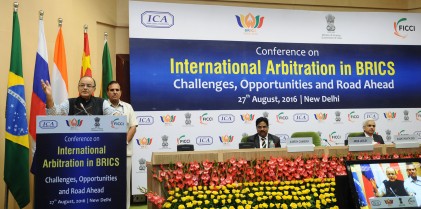 Courtesy: IBG News
Courtesy: IBG News
India’s goal of establishing arbitration centres for BRICS nations will not be possible without a holistic assessment of its arbitration policy.
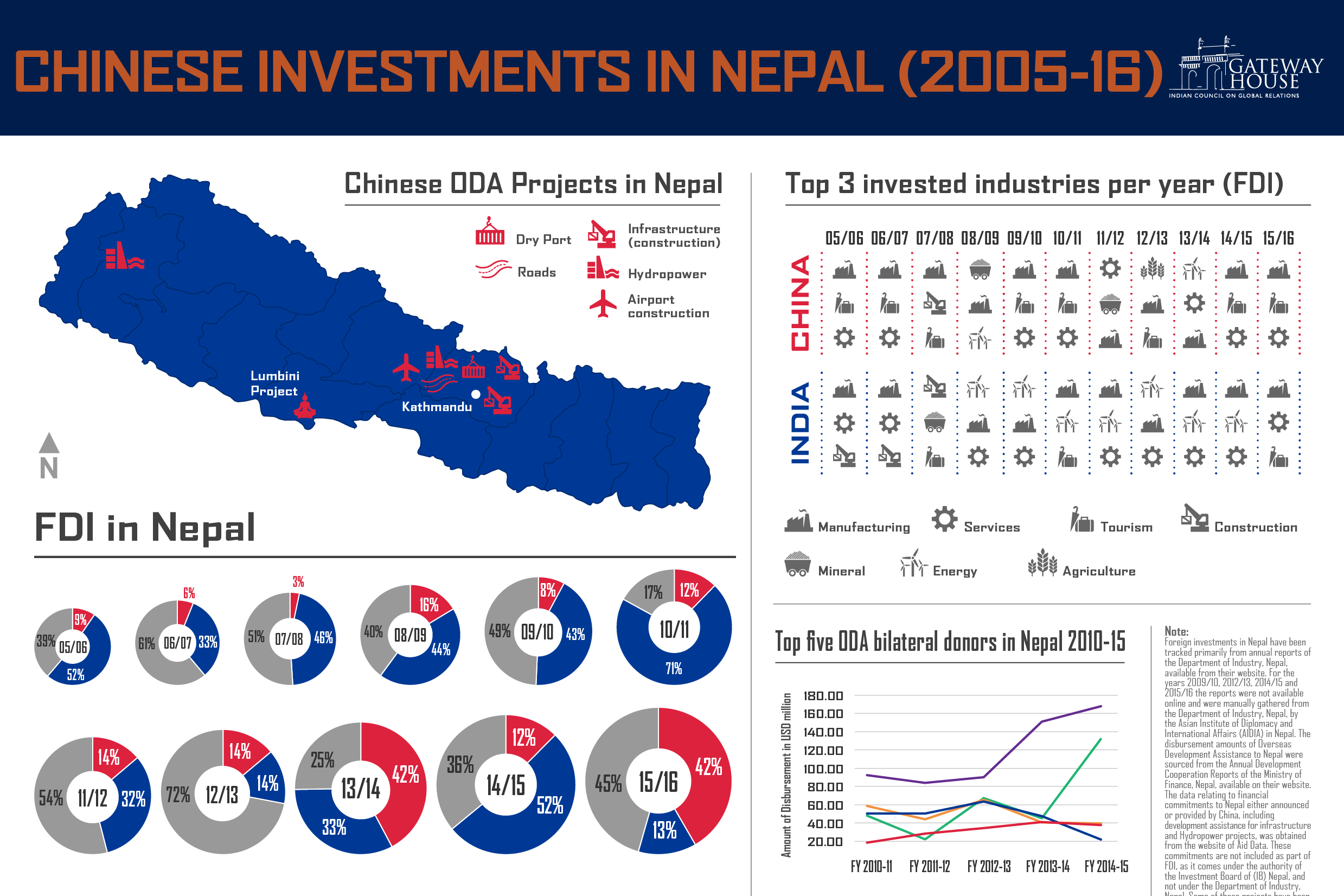 Courtesy: Gateway House
Courtesy: Gateway House
Nepalese Prime Minister Pushpa Kamal Dahal’s visit to India this week is his first foreign visit since assuming office in August this year. While this will further stimulate India-Nepal bilateral relations, China-Nepal economic cooperation has been rising significantly in recent years. To capture the extent of this cooperation, Gateway House has tracked China’s investment in Nepal from 2005 to 2016 and analysed the implications for India.
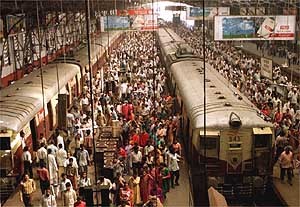 Courtesy: Wikipedia
Courtesy: Wikipedia
Mumbai presents a melting pot scenario, one to which different communities lend its own distinct flavour, and to which three different sets of laws have contributed. This article assesses how the city’s migratory patterns are reflected in its housing laws, company and industrial laws, and those related to organised crime.
 Courtesy: Wikipedia
Courtesy: Wikipedia
Relatively low fossil fuel prices have created a favourable climate for the Modi government to secure India’s growing energy needs in a sustainable manner and at fair prices. The government should also encourage locally-built wind and nuclear options to secure India’s long-term needs.
 Courtesy: Wikipedia
Courtesy: Wikipedia
The U.S. and Canada offer an opportunity for India to acquire large scale oil and gas fields in politically stable countries at a low price. A financial investment in energy companies will protect India against a rise in energy prices without raising concerns in host countries.
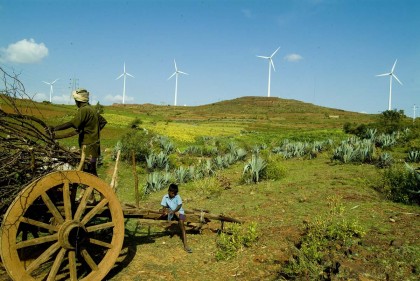 Courtesy: Wikipedia
Courtesy: Wikipedia
After the recent WTO ruling against India on the issue of local content of solar panels, India must revise its renewable energy strategy in favour of wind power. Instead of imported solar panels, India’s renewable capacities can use locally-manufactured windmills.
 Courtesy: Wikipedia
Courtesy: Wikipedia
The WTO judgment on the India-U.S. dispute on solar panels shows how rules across different international regimes – climate change, trade and nuclear power – favor the countries which set those rules. India must deepen its participation in such multilateral fora to protect its interests.
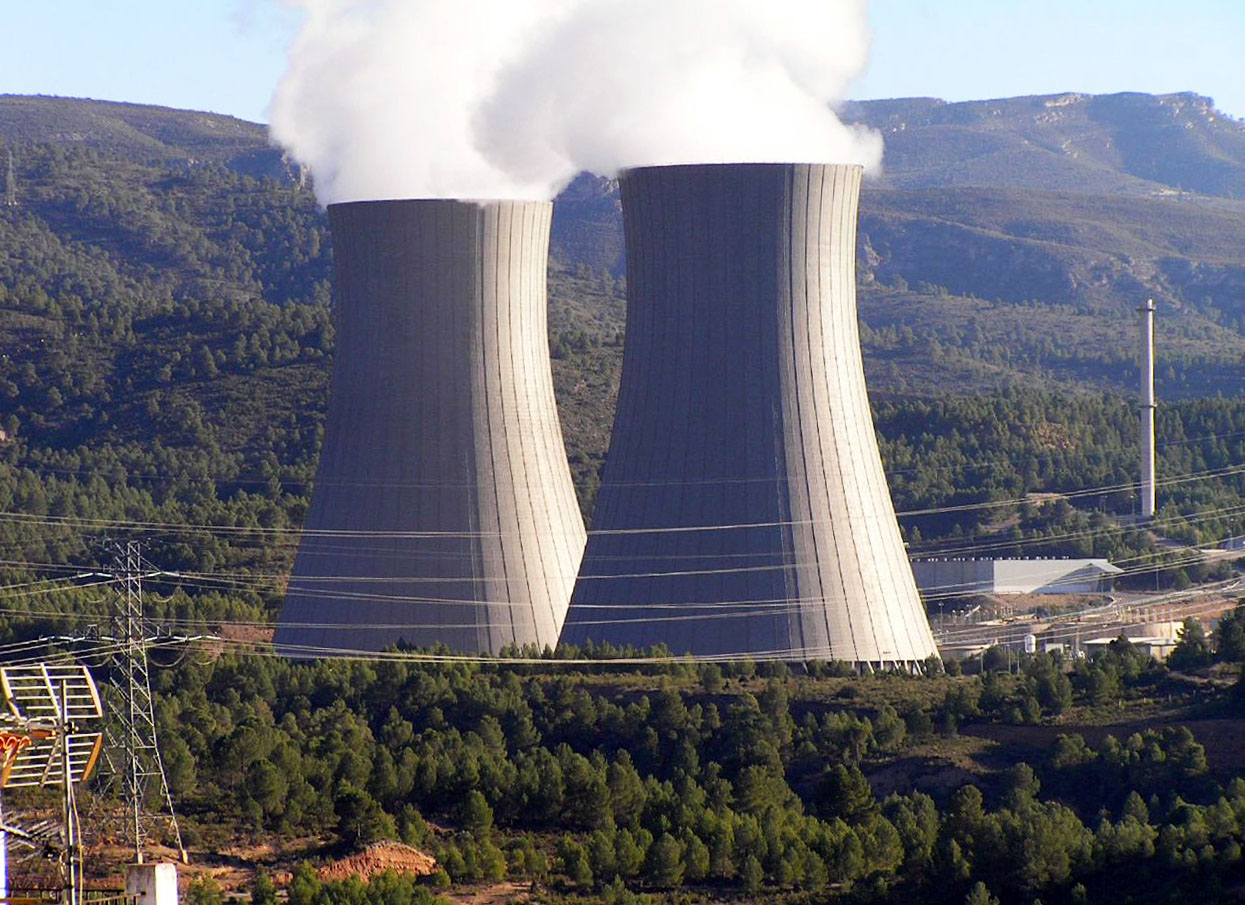 Courtesy: Wikimedia
Courtesy: Wikimedia
India’s recent ratification of the nuclear liability convention is being portrayed as a dilution of India’s stand on civil nuclear liability and its own 2010 law on the subject. This is, however, incorrect, and India’s stand on nuclear liability remains unchanged.

 Courtesy: IBG News
Courtesy: IBG News
 Courtesy: Gateway House
Courtesy: Gateway House
 Courtesy: Wikipedia
Courtesy: Wikipedia
 Courtesy: Wikipedia
Courtesy: Wikipedia
 Courtesy: Wikipedia
Courtesy: Wikipedia
 Courtesy: Wikipedia
Courtesy: Wikipedia
 Courtesy: Wikipedia
Courtesy: Wikipedia
 Courtesy: Wikimedia
Courtesy: Wikimedia
